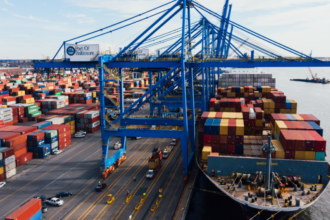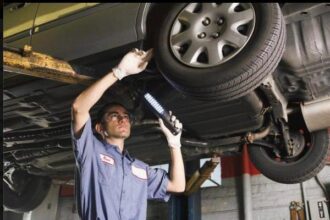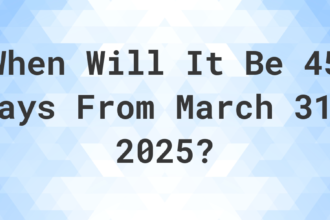The 2025 Spring Statement has landed – and whether you drive a souped-up Tesla, a second-hand Ford Fiesta, or your nan’s dusty old Vauxhall, there’s quite a bit in there that could impact your everyday motoring life.
We’ve sifted through the political waffle to bring you the 10 key things drivers need to know – and yes, some of it is actually good news. Buckle up.
- Fuel Duty Freeze Continues
Let’s kick off with a win: fuel duty is staying frozen for another year. It means the government won’t be hiking up taxes on petrol and diesel – so the price at the pump won’t be rising because of them, though oil prices are another story. If you drive a petrol or diesel car, this is a sigh of relief moment. One less hit to your wallet when everything else is creeping up in price.
- £500 Million Poured Into EV Chargers
Electric vehicle (EV) owners – or those eyeing up a future switch – will be pleased to know the government’s putting half a billion quid into expanding the EV charging network. Expect more charging points to pop up across the country, even in places where you currently can’t get a signal, never mind a charge.
If range anxiety has been holding you back, this investment is aimed at giving you peace of mind.
- Grants to Go Green
Thinking of going electric or hydrogen-powered? The government’s making it easier by pumping more funding into grants for zero-emission vehicles. These aren’t just eco-points for being good – they’re actual savings on your next vehicle purchase.
So yes, it might still be expensive to buy new, but every little helps, and this might just tip the scales in favour of ditching your gas guzzler.
- A Cool Billion for Road Repairs
Good news – the government’s throwing £1 billion into road maintenance. This means smoother journeys, fewer dodgy wheel alignments, and less cringing every time you hit a bump. Finally, some TLC for our battered roads.
- EVs to Pay Their Way
Electric cars have had a free ride (tax-wise) for a while now. But from 2025, EV drivers will start paying road tax too – based on how much they drive and their emissions.
For example, we entered a Tesla registration into Full Car Checks, a vehicle history checking service. The registration and road tax for the electric vehicle came back as £195 for a year.
- Congestion Charges on the Rise
If you regularly drive into London, Manchester, or Birmingham – brace yourself. Congestion charge zones are expanding. The goal? Fewer cars, cleaner air, and more room for bikes, buses, and people who prefer to walk. Yes, it’s a bit of a pain if you’re a driver – but if it means your commute becomes faster, maybe it’s not all bad.
- More Low Emission Zones
More cities are getting Low Emission Zones (LEZs). If your car belches out smoke like a chimney, it might soon cost you extra to drive into town. Older diesel vehicles are especially in the firing line.
This might nudge you toward an upgrade – and if so, those green vehicle grants mentioned earlier could come in handy.
- Green Incentives for Businesses
The government wants businesses to clean up their fleets – so they’re dishing out tax perks to companies that go electric or hydrogen. That’s great for air quality and for private buyers down the road.
Why? Because when companies replace their fleets, those low-emission vehicles eventually trickle into the second-hand market. More choice, lower prices, win-win.
- £100 Million for Safer Roads
The government’s also investing £100 million in road safety. That means fixing dangerous junctions, updating signage, and hopefully making sure that weird five-exit roundabout near your work finally gets sorted.
If you’ve ever had a near-miss or held your breath through an accident-prone junction, this is the bit of the Statement that could genuinely save lives.
- Smart Traffic Systems
Finally, there’s a techy one: smart traffic management. Think real-time traffic data, intelligent signals, and AI-style systems that keep the flow going.
If it works, we’re talking fewer jams, less honking, and a bit more peace of mind behind the wheel.
Is 2025 a Good Year to Be a Driver?
In a word: mostly, yes. The government’s new rules seem fairly balanced. They’re not trying to punish drivers – they’re trying to nudge us all towards cleaner, smarter transport.
Whether you’re clinging to your trusty diesel or already cruising in silence in an EV, the Spring Statement has something for you. And while some of it might sting a little like the new EV tax, there’s also real progress on the things that matter – like safer roads, better infrastructure, and a future where charging your car is as easy as topping up your phone.

















